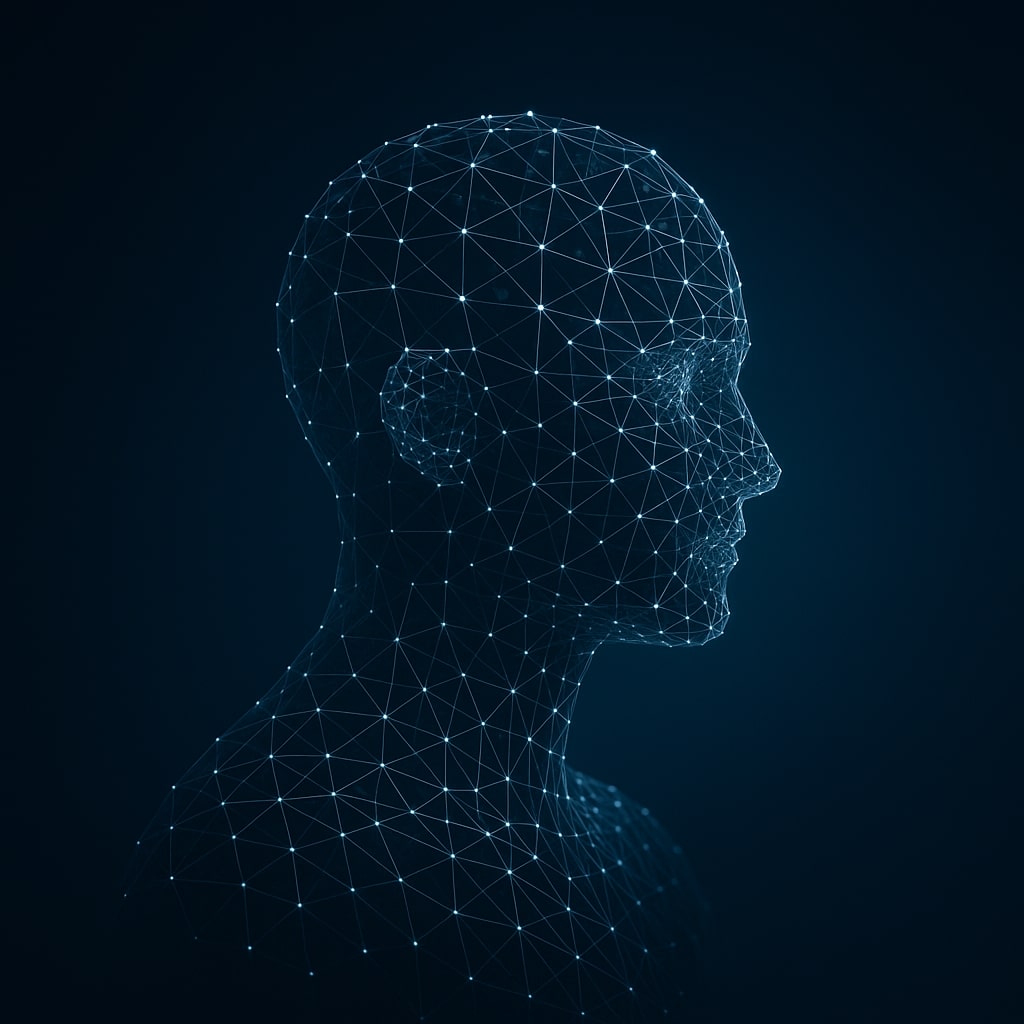KSOFT
In a digital world where automation is the buzzword and AI tools dominate workspaces, we’re making an unconventional choice. One that might seem odd in today’s fast-moving, tech-driven climate:
Let that sink in.
We are not anti-AI. We are not nostalgic romantics clinging to a bygone era. We are believers in technology, no doubt — but not at the expense of the one force that has built civilizations, sparked revolutions, composed timeless music, and created the stories that live in our hearts: the creative, curious, and courageous human mind.
There’s no denying it — ChatGPT is impressive.
In seconds, it can summarize a 10,000-word report, generate social media posts, write code, and even simulate casual conversations. It can write scripts, blogs, and ads. It’s saved countless hours and helped many scale up output with minimal input.
But what’s the cost of this “magic”?
Speed is often confused for quality. Volume is mistaken for value. And replication is dressed up as creativity.
In reality, AI doesn’t understand the words it generates. It does not think, imagine, or care. It’s not inspired. It doesn’t feel the weight of silence before a big idea or the electric thrill of a sudden insight.
It doesn’t live.
It just calculates the most probable next word.

You can’t prompt a memory.
You can’t ask a bot to write about heartbreak unless a human feeds it examples of love lost.
You can’t replicate the human instinct that senses nuance in a conversation, that chooses just the right metaphor, that tweaks the tone to fit the unspoken feeling in the room.
That’s not code. That’s consciousness.
Real creativity doesn’t come from the cloud — it comes from within. It’s shaped by upbringing, pain, joy, culture, fear, courage, curiosity, and humor. It’s not just about producing text — it’s about sharing experience, emotion, and belief.
That’s what makes writing powerful.
That’s what gives strategy depth.
That’s what makes a brand unforgettable.
There’s a profound difference between writing something and saying something that matters.
We’ve seen what happens when AI-generated content floods the internet:
You’ve probably felt it yourself — scrolling through content that sounds fine but says nothing new. It’s all surface and no soul. Because it’s created by a machine that mimics language but lacks the fire behind it.
That’s where we draw the line.
We’re not in this just to create content. We’re in this to tell stories that resonate. To express truths that connect. To build brands and ideas with integrity and originality.
And that takes human hands.
When companies outsource their thinking to tools like ChatGPT, they risk losing more than just originality — they risk losing their voice.
Imagine a world where every business sounds the same.
Where every article is a bland remix of the top 10 articles that came before it.
Where language is no longer used to inspire, persuade, challenge, or stir emotion — but just to fill a quota.
That world is dangerously close.
The more we rely on AI to think for us, the more our unique fingerprints start to fade. Eventually, we stop asking ourselves what we believe — because we’re too busy asking ChatGPT what it thinks we should say.
We often think of genius in terms of intelligence — high IQs, logic puzzles, and advanced math.
But the kind of genius we trust isn’t confined to intellect. It’s found in:
This genius isn’t trained by datasets. It’s shaped by instinct, ethics, context, and emotion. It’s the kind of genius that learns, adapts, doubts, and dreams.
And no AI can replicate that.
Mastery takes time. It’s forged in frustration and repetition, in failed drafts and late-night edits, in choosing the hard way because it’s the right way.
ChatGPT might give you a paragraph in seconds — but mastery gives you a message that moves mountains.
We trust the person who rewrites a sentence five times until it feels just right.
We admire the strategist who walks away from a data-heavy deck and says, “Let’s talk to real customers instead.”
We believe in people who dig deeper. Who don’t settle for the obvious. Who bring not just output, but insight.
That’s not something you can automate.
Let’s be clear — we’re not Luddites.
We use technology every day. We automate tasks that should be automated. We analyze data with tools. We use systems that make us more efficient.
But here’s the difference: we use tools to support the work of humans — not to replace the humans who do the work.
Technology is at its best when it amplifies human creativity, not when it tries to mimic it.
We believe that the best breakthroughs happen when tech and talent work together — but the genius should always lead the way.

Choosing human-led creation in an AI-dominated space isn’t about making a statement. It’s about making better decisions.
Here’s what we’ve found:
We don’t choose this path because it’s trendy. We choose it because it’s true. Because we believe every brand has a soul, and it deserves more than recycled sentences and regurgitated ideas.
While the rest of the world is rushing to automate every task, we’re slowing down — to think, feel, and create with intention.
We don’t use ChatGPT because we want to stay close to the source of our ideas: real people, real stories, and real experiences.
We’re not here for shortcuts. We’re here for substance.
Because in the end, what sets us apart isn’t our tech stack. It’s our taste, our voice, our heart.
And we’ll continue to choose human genius — proudly, passionately, and unapologetically.
AI might be the future, but human genius is eternal.
In a world that’s becoming smarter by the second, we believe the greatest edge you can have is to stay real.
To feel.
To wonder.
To create not just for clicks — but for meaning.
That’s our stand.
What’s yours?
